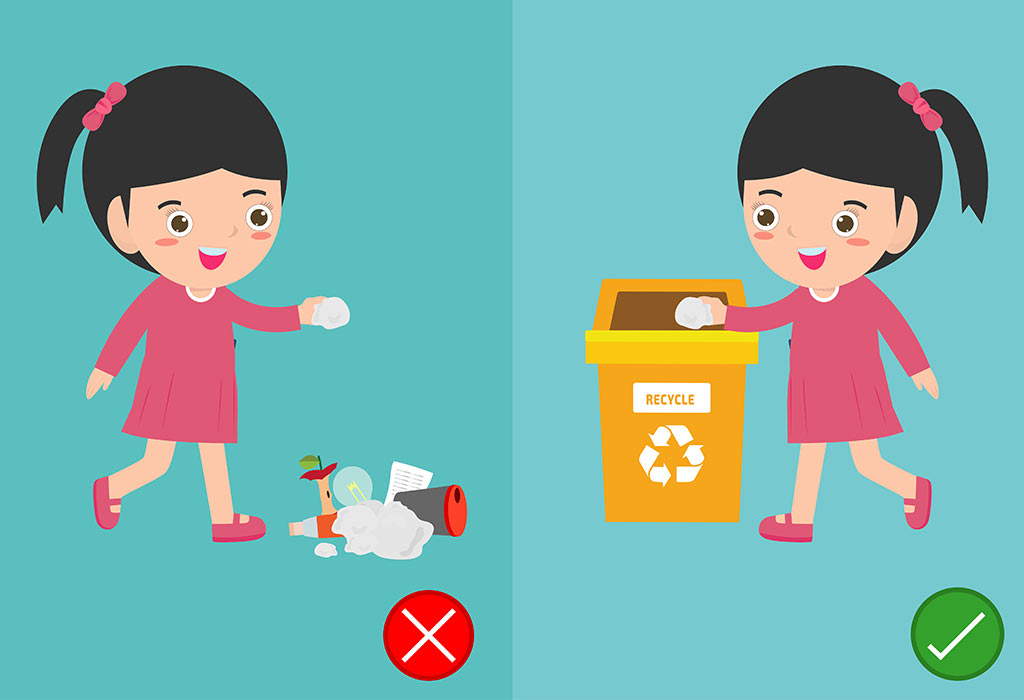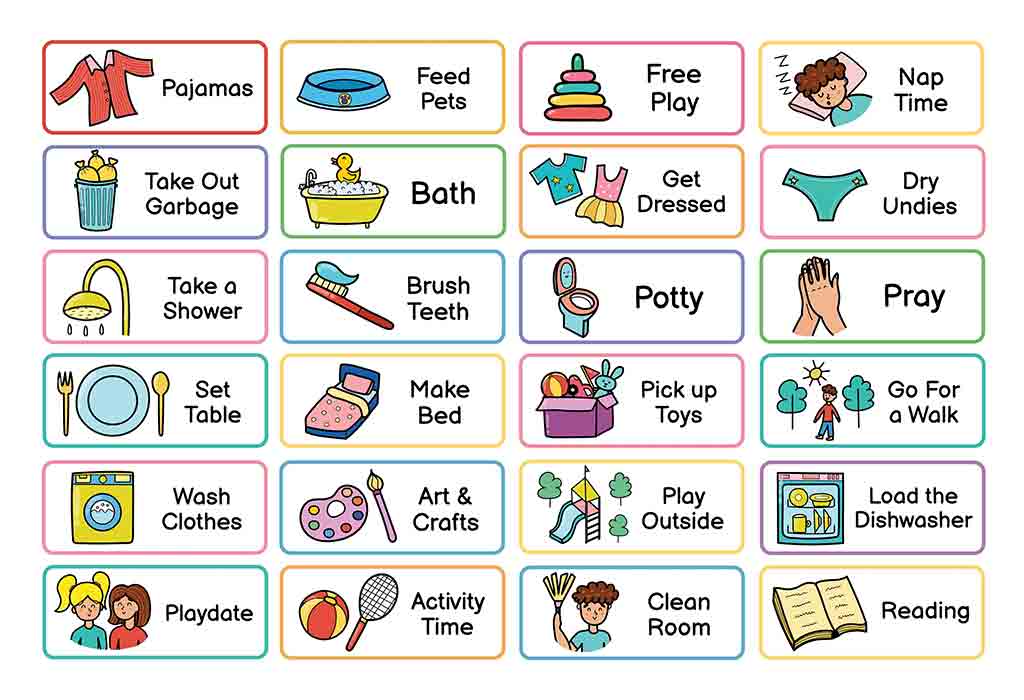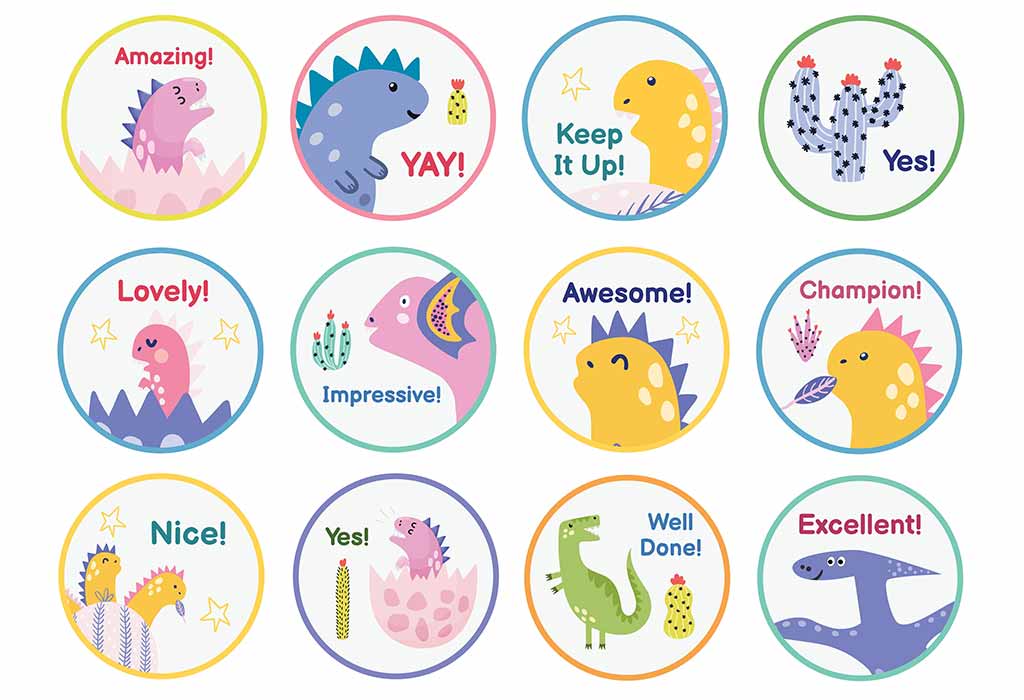Do you find yourself in an endless cycle of having to tell your kids to do something and them not listening? You might repeat it a few times, then blow a fuse out of frustration, and they probably still don’t comply or seem to hear you!
Let’s face it: Yelling doesn’t help anyone. You just end up with a hurt, confused, grumpy, or scared child, and you may feel guilty or frustrated.
Thank you for reading this post, don't forget to subscribe!
So, what can you do to ensure that you have a calm, compliant child willing to sit still for a few minutes to listen and do what you ask of them? We suggest some helpful tips and tricks that reconfigure how you would deal with a fussy child who doesn’t listen!
Read on to find out how!
13 Helpful Tips to Get Your Child to Listen to You
These 13 tips reimagine how you approach your kid when they are being a handful and ensure that they become good listeners and obedient kids!
1. Turn Don’ts to Dos

Tell them what to do instead of saying, “Don’t do…”
So, for example, tell them, “Riya, can you set your toys in the bins according to their labels?” rather than, “Riya, don’t leave your toys scattered everywhere.” Sometimes, children need a bit of direction, and simply telling them what NOT to do does not really tell them what is expected of them.
2. Position Yourself Better

Get down to their eye level and make eye contact while speaking to them.
Being a child with an adult towering over them can be intimidating, especially when you’re being firm or asking them to do something. Instead, speaking to them at eye level and making eye contact is more reassuring and less scary for them!
3. Use Gentle Touches

Gently squeeze their shoulders, hold their hands, or hug them to put them at ease.
Physical touch is one of the best ways to be reassuring, so a kind or gentle touch can take away the anxiety and fear and make them more attuned to listening to what you have to say.
4. Speak Softly

Use a low but assertive tone to get them to focus more intently.
When we shout at kids, it instils fear or leads to rebellion and does not have the intended effect of getting them to listen or comply. When you use a soft but firm tone, they know to listen and do what is told.
5. Turn a ‘No’ into a Future ‘Yes’

If they demand they want a new toy, say, “Yes, let’s get it for your birthday!” instead of “No, we are not buying it now.”
Listening is a two-way street, and while you can’t always comply with all their wants and demands, making them feel heard and letting them know that you are open to their ideas under different circumstances is valuable to them.
6. Thank Them in Advance

Say, “Thank you for doing….” before they do it, so they feel more inclined to do it!
This neat little trick is polite but also motivates them to do their chores because they have already been thanked for doing them!
7. Check If They Understood You

Ask them to repeat what you said and repeat it back for them if needed.
Sometimes, children don’t do what they are told simply because they don’t understand the instructions. Asking them to repeat it lets you know they have understood you or you need to explain it to them again.
8. Allow Them to Finish What They Were Doing

Ask, “Can you do this for me once you finish doing….?”
Giving your child the space to complete what they are doing lets them focus on completing one task before rushing off to do something else. Kids are not as good at multitasking as adults are, so it’s better to avoid making them switch back and forth!
9. Lead by Example

Show them what needs to be done by doing it with them a few times
Sometimes, all children need is guidance and knowing that you are there to support them when they are stuck, unsure, or exhausted.
10. Be Patient and Give Them Time

Don’t rush them and ask them if they need more time.
Children need time to complete tasks at their own pace, and rushing them can make them anxious and fearful and increase their likelihood of making mistakes!
11. Show Simple Appreciation

Say thank you when they complete a task or give them a hug.
Knowing that their actions and good behaviour are appreciated makes kids more likely to listen to you and get things done correctly and in a timely manner.
12. Explain the Importance of Listening

Tell them why the task is important or how it will help them in the future.
Let them know that listening to others is an integral part of life – it makes them better learners, friends, and workers and is more likely to help them achieve their goals and dreams faster!
13. Make it Fun

Turn chores into games and reward them with encouraging words. You could even make a chart with stickers so that once a task is completed, they feel a sense of accomplishment.

Chores can be boring at times, even though we adults don’t quite admit it! Adding a playful twist makes them an enjoyable experience for the family as a whole!
The next time you find communicating with your kids challenging, try these tips and let us know how it goes in the comments section below!











